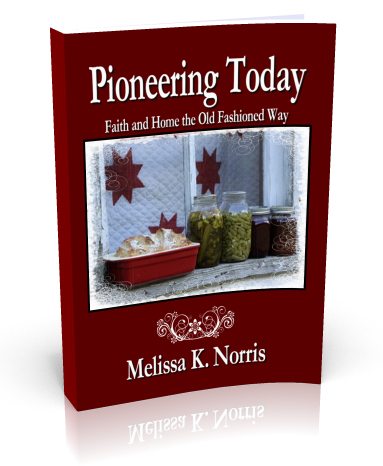I don’t care what you write, if you want to publish and sell books, you’re going to hear the words, “You need to grow your platform.” This is true no matter what route you take, traditional publishing or self-publishing.
There are numerous books, articles, websites, and programs, telling you everyone’s advice on how to do so. I’m going to tell you now, there’s no secret or quick one-time overnight trick. If someone is trying to sell you this, they’re probably trying to make a quick dollar. But there are tips and ways you can build a solid platform before, during, and after the book deal that are legit and work.
I’m going to share with you what has worked for me and ways you can do the same.
1. What do you have to offer? None of these tips will work if you don’t know what it is you have to offer people in the form of your books, blog posts, articles, podcasts, videos, and interviews. Once you know what it is you have to offer people, you can begin researching who your target audience is and how best to reach them. Need help defining your target audience and your brand? Here’s a free workbook to get you started.
2. Where and how will you offer it? You need to have a website that reflects your brand, immediately tells readers how they’ll benefit from your site, great content, social media share buttons (you’d be surprised how many sites I visit that don’t use these), and a way to capture the emails of visitors so you can stay in contact with them. Other things to offer on your website are podcasts, videos, articles, interviews, e-books, and e-courses. You don’t have to do all, but choose the ones that work for you at this time and for your audience.
3. Social media presence. You can moan and groan all you want about social media or you can choose to look at it as a chance to share your message with people who need it and can be helped by it. I guarantee you the latter response will take you farther and benefit not only you, but others. Choose which social media outlets you enjoy and your readers respond to. Don’t try to master all of them. You’ll go crazy.
Pick two until you feel confident and then analyze where to spend the rest of your time. I use my Facebook page and Pinterest the most frequently. My audience prefers these two sites. Pinterest (Using Pinterest for Writers) sends me the most traffic, but I get more reader conversation and interaction on Facebook (Using Facebook for Writers). Some folks love Twitter, Google+, LinkedIn, or the new social site to watch, Instagram.
The main thing to remember about social media is to share relevant content with your audience. Everything you share should benefit them in some way or another.
4. Join or create a blogging network or group. Find a group of bloggers (or contact and start your own) who write similar or complementary content to your own. Agree to share each other’s content on your social media pages. This gives you great content to share with your readers and gets your work in front of other readers who want what you have to give or say. You can also work with these people to brainstorm new projects or marketing endeavors. This has helped my own platform take off. Plus, I get the added benefit of advice from people who have been there and offer support when needed, because at some point, we all need it.
Here are some of the most helpful books I’ve read regarding growing your platform and marketing:
Platform by Michael Hyatt
Sell Your Book Like Wildfire by Rob Eager
Pinterest Savvy by Melissa Taylor
What has helped you grow your platform? Where do you need help? What books have helped you the most with marketing and platform growth?





 might be wondering how to harness the power of Pinterest. I just finished reading
might be wondering how to harness the power of Pinterest. I just finished reading 


